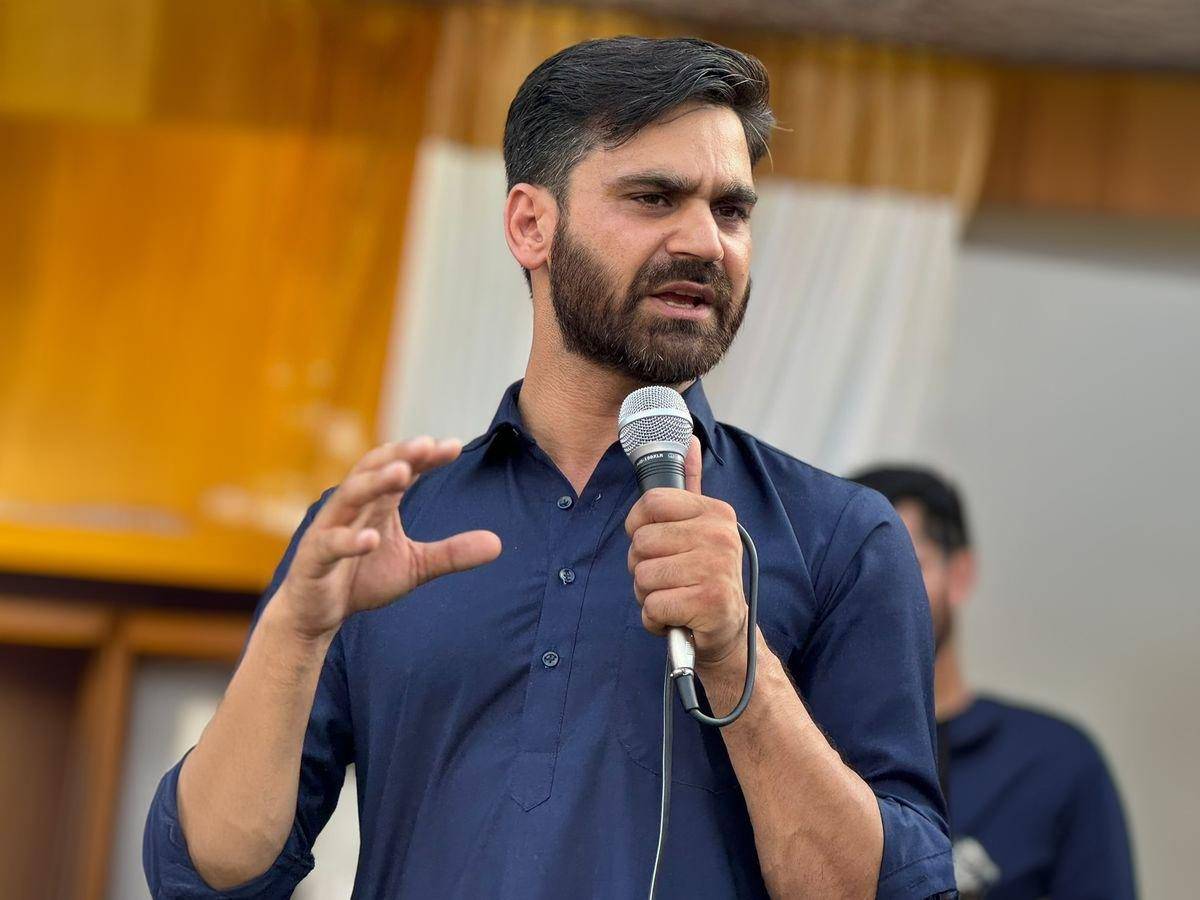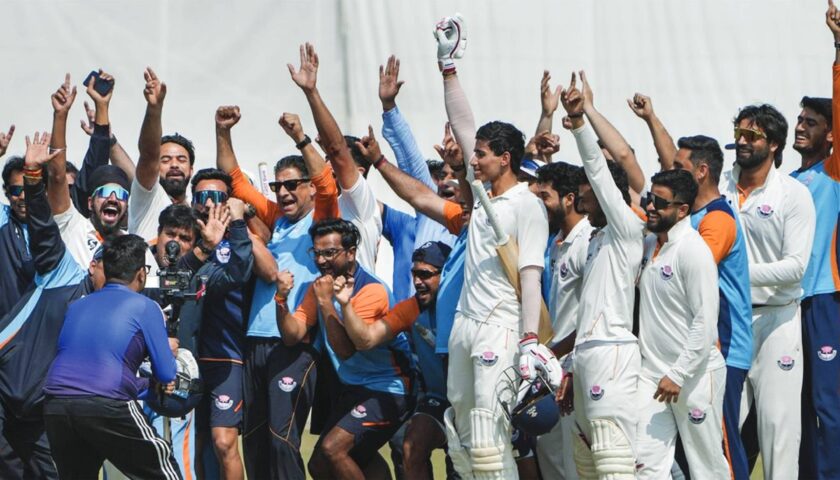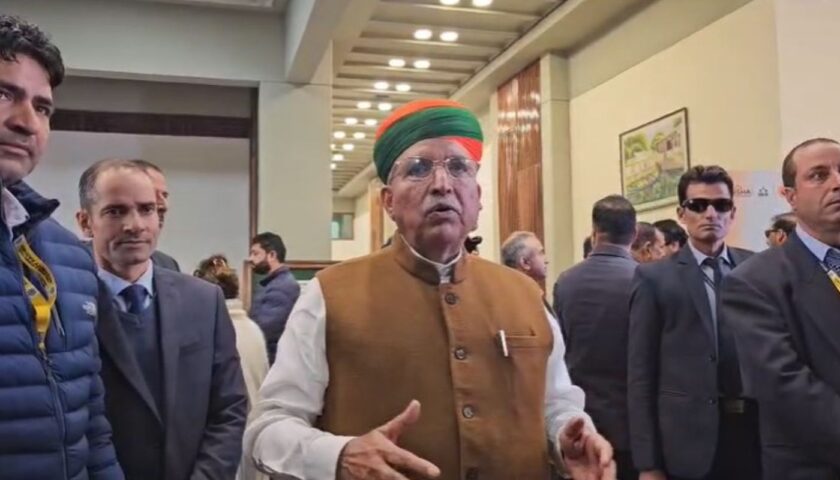PDP MLA Raises Alarm Over Unequal Implementation of Reservation Benefits
By: Javid Amin | 28 October 2025
Srinagar, October 2025 — A fresh political debate has erupted in Jammu and Kashmir after PDP MLA Waheed Para exposed what he described as a “deep regional divide” in the issuance of caste and social category certificates across the Union Territory.
In a pointed intervention during the Legislative Assembly session, Para cited official figures provided by the Revenue Department, revealing striking differences between Jammu and Kashmir divisions in the granting of Scheduled Caste (SC), Scheduled Tribe (ST), Other Backward Class (OBC), and Economically Weaker Section (EWS) certificates.
“This is not merely a bureaucratic imbalance — it’s a moral failure of governance,” Para said. “The numbers reflect not just data gaps, but a denial of fairness and inclusion that our Constitution guarantees.”
The Numbers That Sparked the Debate
The Revenue Department’s response to Para’s written query paints a picture of unequal access:
- Scheduled Caste (SC) Certificates:
- Jammu: 69,704 (≈99.2%)
- Kashmir: 474 (≈0.67%)
- Scheduled Tribe (ST) Certificates:
- Jammu: 5,25,778 (87.2%)
- Kashmir: 76,656 (12.7%)
- Other Backward Classes (OBC):
- Jammu: 43,438 (56.6%)
- Kashmir: 33,226 (43.4%)
- Economically Weaker Sections (EWS):
- Jammu: 88.5%
- Kashmir: 11.5%
- Actual Line of Control (ALC) Certificates:
- Jammu: 85.2%
- Kashmir: 14.8%
While demographic factors partly explain the imbalance — for instance, Dalit populations are overwhelmingly concentrated in the Jammu region — Para argued that the data indicates systemic bias and administrative neglect.
“Even where categories are common to both regions, the disproportionate figures expose unequal access and awareness,” he said. “Reservation cannot be a privilege of geography.”
The Core Issue: Equity vs. Administration
Para’s intervention has rekindled the long-standing debate over regional equity in governance. Critics say the bureaucratic machinery in J&K has historically leaned toward the Jammu division, resulting in uneven implementation of welfare schemes, land titles, and certification processes.
Civil society observers note that the problem extends beyond caste — touching on employment eligibility, education quotas, and access to social benefits tied to these certificates.
Political analyst Dr. Shabir Reshi told Kashmir Monitor:
“These disparities aren’t just statistical; they determine who gets a government job, who qualifies for a scholarship, and who has a voice in policymaking.”
Para’s remarks also come at a time when the reservation policy review — initiated under Chief Minister Omar Abdullah’s government — remains stalled, awaiting the Lieutenant Governor’s assent.
PDP’s Political Framing: A Test of Fair Governance
The People’s Democratic Party (PDP) has seized the issue as a test case for what it calls the “illusion of equal governance” in the Union Territory.
Waheed Para, one of the party’s prominent young voices, argued that the data reveals a pattern of institutional favoritism that undermines Kashmir’s marginalized groups, particularly the Gujjar-Bakarwal, Pahari, and OBC communities.
“When certificates decide access to opportunity, selective distribution becomes structural discrimination,” Para said. “We cannot claim justice when entire regions are excluded from the queue.”
The PDP has demanded the creation of an independent monitoring body to oversee the issuance of caste and social category certificates and ensure parity in administrative practices between Jammu and Kashmir divisions.
Political Reactions: Silence, Spin, and Solidarity
The revelations have drawn mixed reactions from across the political spectrum:
- National Conference (NC): Senior NC leaders called the issue “administrative in nature” but avoided endorsing Para’s criticism directly.
- BJP: The party dismissed Para’s claims as “selective politicking,” arguing that the figures reflect “demographic reality, not discrimination.”
- Congress: Called for a “region-neutral approach” and transparency in all welfare documentation processes.
- Civil Society: Several NGOs, including J&K Rights Collective, urged a special audit of reservation-related documentation and outreach programs.
An editorial in Greater Kashmir described the issue as a “litmus test for post-370 governance fairness”, noting that inclusion without uniform access risks deepening social divides.
The Larger Context: Legacy of Uneven Representation
Historically, Jammu and Kashmir’s reservation matrix has been shaped by both demographic composition and political sensitivity.
While the Jammu region houses the majority of SC communities, Kashmir’s share of ST and OBC groups remains under-documented — leading to gaps in recognition and benefits.
The 2019 constitutional changes, which brought J&K under direct central rule, were supposed to usher in administrative uniformity. However, as Para’s data suggests, implementation disparities persist, particularly in certificate verification, outreach, and district-level approvals.
Experts also point to the digital gap: many applications in Kashmir face rejection due to missing online documentation, slower verification, or limited access to official portals in remote areas.
“When digital governance replaces physical access, the already marginalized become invisible,” said sociologist Dr. Nayeema Qadri.
Voices from the Ground
From Kupwara to Kulgam, residents echo a shared concern — that documentation itself has become a barrier.
Parveena Akhtar, a student from Shopian awaiting her OBC certificate for over a year, said:
“We keep visiting offices. They say the file is pending in Jammu. Why should region decide our right?”
Similarly, in Poonch and Rajouri, several ST applicants complained of procedural delays due to overlapping verification layers.
These stories underscore the human cost of bureaucratic imbalance — where opportunity depends on geography, not merit or need.
Policy Implications: Call for Reform
Experts and rights groups have proposed several measures to correct the imbalance:
- Unified Database: A real-time, region-neutral portal to track all certificate applications and approvals.
- Periodic Audits: Annual audits by the State Commission for Backward Classes and Tribal Affairs.
- Awareness Campaigns: Especially in rural Kashmir, to ensure eligible individuals apply for available categories.
- Legislative Oversight: Mandatory tabling of annual regional data in the Assembly for transparency.
- Independent Redressal Mechanism: To handle grievances related to delays or rejections.
These recommendations, if implemented, could help depoliticize the reservation framework and reinforce public faith in institutional impartiality.
Editorial Reflection: Fairness Beyond Figures
Waheed Para’s revelations may appear technical, but they strike at the core of administrative justice in Jammu and Kashmir.
In a territory where governance has long been contested, data-driven disparities often translate into social alienation and political mistrust.
The challenge before the Omar Abdullah government is clear:
to convert administrative numbers into moral accountability and demonstrate that fairness is not regional — it’s constitutional.
As Kashmir Observer aptly noted:
“If the promise of democracy is equality, then data like this is its conscience — waiting to be answered.”




